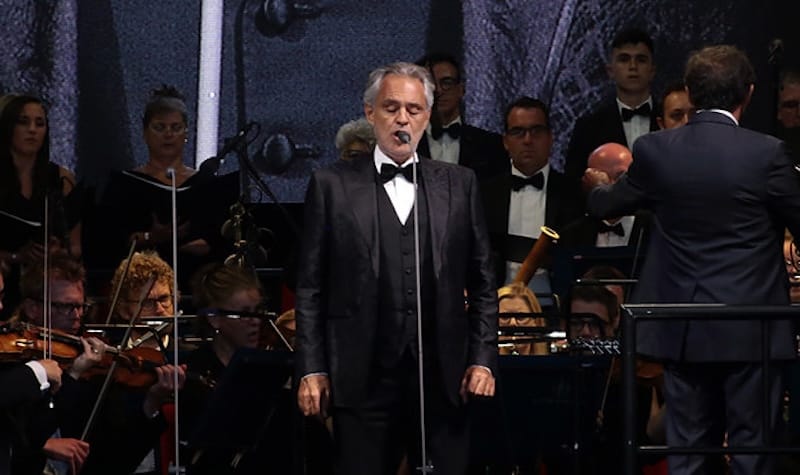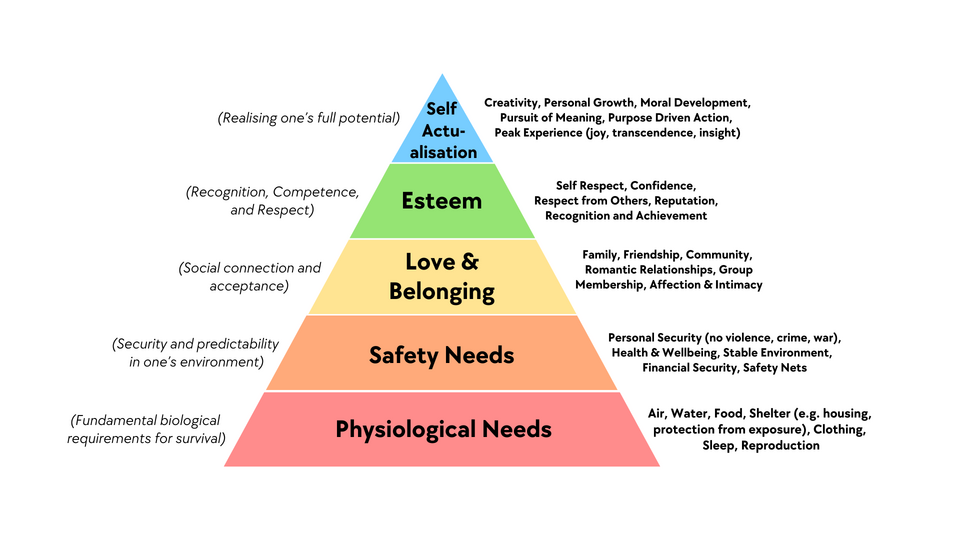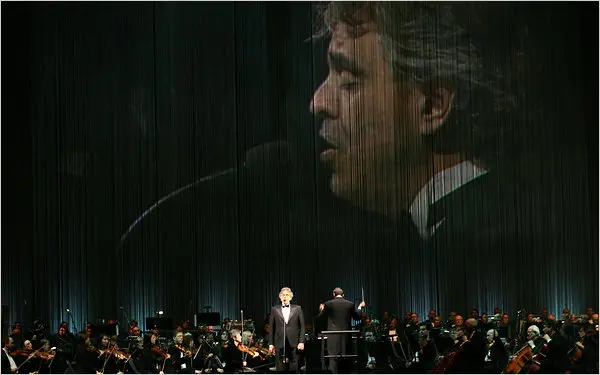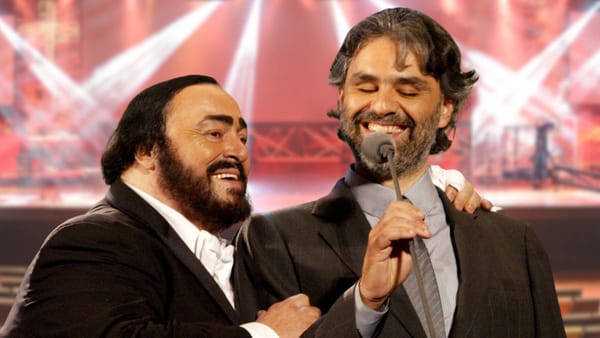Resistance, Part 3: Change
My generation bore witness to extraordinary social progress. It is traumatizing to now see those with status, power, and money leveraging their resources to vigorously and viciously reverse that extraordinary social progress.

This is the final installment in a series of posts examining different facets of resistance. The first discusses how resistance to gravity shapes our bodies and informs our movements. The second focuses on the role of resistance in musical vibration and sound. This essay explores how cultures evolve or degenerate, depending on the extent to which they embrace or resist change.
The status quo is, by definition, resistant to change.
“Status quo” means “The existing state of affairs”. Those who are well-served by the existing state of affairs tend to resist change. Fiercely.
That is why effecting cultural change can be so challenging, and why those of us who are not well-served by the existing state of affairs have our work cut out for us. Those with status, power, and money tend to invest their status, power, and money in perpetuating and shoring up the status quo. It can make resistance to the status quo feel futile.

I would like to see our culture become more egalitarian and equitable. After all, that is the direction in which things were progressing when I came of age:
- Access to birth control and family planning became increasingly available.
- Voting and civil rights were gaining widespread support, and racism was increasingly stigmatized.
- The Americans with Disabilities Act improved access and employment options for the disabled and prohibited discrimination against them.
- The Affordable Care Act guaranteed access to health insurance regardless of pre-existing conditions.
- Marriage Equality became the law of the land, guaranteeing homosexual couples the same federal and state marriage benefits as heterosexual couples.
- Numerous states passed explicit laws banning discrimination based on gender identity.
Given that the status quo is, by definition, fiercely resistant to change, it is astonishing that we accomplished so much in so little time! But while we did appreciate how astonishing these changes were when they took effect, I think we also naïvely believed this flexibility to be an inherent feature of the status quo.
We believed in egalitarianism and equity. We believed we were participating in the expanding, unequivocal, inevitable triumph of the good.
We were mistaken.
It is traumatizing to stand by while those with status, power, and money leverage their resources to vigorously and viciously halt and reverse the social progress my generation was so certain would continue to expand throughout our lives.
It really can feel as though resistance is futile.

Last week I told a story about megastar crossover artist Andrea Bocelli. Now I am going to tell another one.
In December 2022, as he often does, Bocelli gave a grand performance to a sold-out crowd at Madison Square Garden. The program included operatic tenor warhorses and holiday favorites. As he often does, Bocelli engaged soprano Larisa Martinez, hired a full orchestra, and… offered a local volunteer chorus the privilege of joining them.
I heard about this from a student who was a member of said local volunteer chorus. At the time, my concern was that the marathon rehearsals she was subjected to might shred her voice just in time for conservatory auditions. Now my concern is that the volunteer choristers were the only performers on that stage whose labor was not compensated, and who did not enjoy union protections.
The volunteer choristers were exempted from the working hours, breaks, and safety guarantees that their unionized collaborators had negotiated. The producers took advantage of this and rehearsed them exhaustively. The choristers were required to arrive at the venue in the morning and to remain there until after the concert was over and all of the paid performers had been released. Had they been working under a union contract, these rehearsals would likely have been limited to two hours, with a minimum one-hour break in between calls. In the absence of union protections, they were subjected to marathon rehearsals and short breaks while surviving on whatever food they brought with them (they were eventually provided a meal late in the day). After the performance, they waited outdoors in the cold while limos and SUVs whisked the stars and professionals to whatever fabulous afterparty awaited them prior to being released.
All for the privilege of performing alongside Andrea Bocelli for a sold-out crowd at Madison Square Garden.
What is your opinion of this scenario? What changes would you recommend, if any?
- Should all performers at Madison Square Garden be offered union compensation and protections?
- Should volunteer choristers be afforded union-quality protections?
- Should the status quo simply continue, with the acknowledgment that the privilege of performing alongside Andrea Bocelli for a sold-out crowd at Madison Square Garden comes with some discomfort?
I’ll share my own opinion shortly. First, let’s take a moment to contemplate fundamental human needs.

I’ve been thinking about Maslow’s hierarchy of needs a lot lately.
Abraham Maslow was a 20th century American psychologist. He preferred focusing on amplifying his patients’ assets to diagnosing their symptoms. Maslow is best remembered for proposing the hierarchy of needs illustrated above. The fulfillment of each need cited is predicated on the fulfillment of the hierarchically more fundamental needs closer to the bottom of the pyramid.
I have been thinking about the ways in which Maslow’s hierarchy intersects with another hierarchy, namely our current American class structure. At the top of that hierarchical pyramid perches our wealthiest 1%, who hold more than 30% of the nation’s wealth. Closer to the bottom of the pyramid are our low-wage workers, comprising 44% of the nation’s inhabitants. They earn less than a living wage and collectively hold approximately 2.5% of the nation’s wealth. Somewhere in between are the remaining 56% of workers, who earn pay that adequately meets their needs. I won’t group the one-percenters with these adequately-paid workers, because the one-percenters are not workers in the same sense—they would be better described as owners, given that they don’t themselves contribute actual value to the economy, but are instead occupied with managing fortunes they amassed from value generated by workers at businesses they own or invest in.
This is our current Existing State of Affairs.
Consider what I said earlier about the status quo being definitively resistant to change. Consider the battle facing the 44% of our neighbors currently earning less than a living wage, if they are ever to have any hope of getting their heads above water. Even if they were able to ally themselves with those who are adequately compensated, it would nevertheless be a daunting proposition to dislodge our nation from an increasingly entrenched status quo defended by the gang of multi-millionaires and billionaires who own more than 30% of everything.
Unfortunately, the marginalized 44% are not currently in a position to ally with a significant enough percentage of the well-compensated workers to have any hope of dislodging our deeply inequitable status quo. Among the 56% of the well-compensated are many who are quite content with their share of the economy. They feel no motivation to change anything. They have homes to live in, food to eat, communities they enjoy, schools where they can confidently send their children, and enough time and resources to pursue hobbies. The Existing State of Affairs enables them to meet their physiological, safety, love & belonging, esteem, and self-actualization needs.
Among this 56% of adequately compensated workers is where you will find the volunteer choristers. The marginalized 44% do not have the time and resources to pursue hobbies.

I shared the story of Andrea Bocelli’s volunteer chorus with a socially progressive friend who is passionate about the labor movement. He pointed out that I seemed to be trying to solve a problem no one was complaining about. After all, the volunteer choristers had no expectation of being paid. And while the student who performed on his concert wishes that she and her colleagues had been treated better, she said it was still a really cool experience overall.
There will always be volunteer choruses, and I think this is a wonderful thing. It is wonderful that so many people love singing together so much that they happily volunteer their time to rehearse and perform. It is wonderful that communities gather to enjoy their performances and celebrate their love of singing together. It is wonderful that sometimes they even get to travel to New York City to perform with professional orchestral musicians and vocal soloists at prestigious venues.
I shared the story of Andrea Bocelli’s volunteer chorus with another socially progressive friend who is passionate about dialectical materialism. He responded, “Until we no longer need to exchange labor for survival—for money—all labor must be compensated at a rate adequate for survival.”
In light of this assertion, my labor movement enthusiast friend came around: “The singers are contributing economic value to a for-profit endeavor. Thus, they should be paid.”
I concur.
I can assure you that the marginalized 44% of us who aren’t earning a living wage include numerous highly skilled, enthusiastic, underemployed professional singers. When for-profit producers like Andrea Bocelli’s concert promoters seek to maximize profit by engaging a competent volunteer chorus in preference to hiring professional singers, they contribute to the marginalization of the 44%. They do this because they care more about maximizing their profit than they do about employing professional singers who need the work. And so long as Madison Square Garden offers a loophole enabling producers to engage “community participants” without pay, producers have zero incentive to do otherwise.
So, you see, this is a problem that needs solving. It’s just that the people who need it solved—the underemployed professional singers—have no standing to solve it, and no one to advocate for them.*

Now some of you are going “but wasn’t it wonderful that this volunteer chorus got to perform alongside Andrea Bocelli for a sold-out crowd at Madison Square Garden?!”
Sure it was. However, it is completely unacceptable that they were not treated with the dignity their unionized musician collaborators enjoyed, and it seems clear that unless something were to compel Madison Square Garden to provide decent working conditions, they will remain financially incentivized to treat “community participants” like second-class citizens.
Theoretically, a for-profit organization could make a donation to a volunteer chorus in an amount equivalent to what a union chorus would earn, and issue a contract guaranteeing decent working conditions and a reasonable rehearsal schedule. It would surely make only a minuscule dent in their profit margin. But I suspect that Madison Square Garden’s “community participants” loophole does not even allow for the issuing of such a contract (and again, so far no one is even asking for one).
In the absence of contractual guarantees, the only option available to volunteer choristers who are being treated poorly is to simply walk off the gig. Were that to happen, it would be bad for Andrea Bocelli and his concert promoters. Very inconvenient. But I would argue that the scenario under discussion, in which the choristers are the only performers who were not shown the appreciation that everyone else on that stage received, is already bad for everyone. Because showing appreciation is literally what the paychecks are for!
Those paychecks are the practical means whereby audience members convey appreciation for the artists. They show their appreciation by paying the price of admission. Some of the money goes to Madison Square Garden’s operations, some goes to production expenses, and yes, some goes to profit for the promoters. But that isn’t what motivates ticket sales. People pay because they want to hear the music, not because they want to make the investors even richer than they already are.
When audience appreciation results in a paycheck for all of the performers except the choristers, it devalues their labor in the eyes of the paid musicians, the promoters, and the choristers themselves.

The rising surge of fascism that we are experiencing in the United States will make it even more difficult for low-wage workers to meet their physiological and safety needs. It will pose ever-increasing threats to their community and family structures, gut their esteem, and destroy dreams of self-actualization for many.
These days, we progressives continually hear the admonishment to RESIST! this surge of fascism. We feel an imperative to respond. And we must continually resist fascism, inequity, and bigotry in all forms, in any way that is available to us. The egalitarian, equitable world that we wish to create absolutely depends on our resistance.
But in the same sense that movement is a dance with gravity, and music is a dance with resistance, progress could perhaps be defined as a dance with the status quo.
In Part 2 of this series, I pointed out that pushing with the breath while singing overrides whatever resistance is present in the voice, thereby reinforcing it. Expressive subtext is what fuels a balanced flow of vocal expression. Singing involves setting up minimal tension at the vocal folds so that the breath meets just enough resistance to facilitate this dance.
I believe that when social progress initiatives are effective, it is the result of a similar dance with resistance.
Allow me to be clear: Sometimes you just need to burn shit down and start over, given how resistant the status quo is to change. And maybe that is what will happen next. I don’t know.
What I do know is that merely resisting fascism, while important, is not enough to create the world we want to live in. We must also actively work together to envision and build the culture we desire for ourselves. In the absence of such vision, all we are doing is centering the fight with fascism. That is arguably the social equivalent of pushing with the breath to override resistance in the voice. You may still make some noise, but it comes at the expense of your physical comfort and functionality… and you will inevitably burn out.
Resisting the status quo can involve burning shit down (and occasionally burning out). But it also involves building things up, to the extent we are able.
There will always be choruses. Long before the patron class came along to exploit our unpaid labor, humans were gathering and singing together, at least as far back as the Paleolithic Age. We needed no patron class to convene “opportunities” for us back then, and we do not need Andrea Bocelli and his concert promoters now.
All we need to experience the thrill of singing together is each other.
What an extraordinary way to use our collective voices for collective empowerment.
What a beautiful way to meet our individual needs for love & belonging, esteem, and self-actualization.
What a bold way to resist the status quo.

Express Yourself
“It doesn’t matter to me if you write song lyrics, poetry, or prose — if you are concerned about what’s happening in your world, and especially if you take issue with it, songs, poetry and short stories are very important ways to express what you are feeling. And don’t forget visual arts, and dance. The most important thing I learned as a young person is that the song forms I knew, the songs I liked, were the best ones for me to use to express myself. I also listened to other artists and sometimes got great ideas about how to make a song. For me, the traditional songs I learned as a child from the 19th and early 20th century; gospel, doo wop, rhythm and blues songs — these were the sounds I liked and used as a freedom singer.”
—Bernice Johnson Reagon, American song leader, composer, professor of American history, curator at the Smithsonian, and social activist
*The American Guild of Musical Artists [AGMA], the union that represents professional choristers, has no jurisdiction over Madison Square Garden performances. Because paid choristers so rarely perform at Madison Square Garden, there are far too few professionals to attempt organization. It is not possible to organize the volunteers.
If this post resonated with you, please subscribe to my Ghost. Subscriptions can be either free or paid.
- Your attention is your most valuable currency, so free subscriptions are deeply appreciated!
- Paid subscriptions from those who can comfortably afford it help transition my writing from unpaid to paid labor.
Schedule a complimentary consultation for voice lessons here.
Schedule a voice lesson here.





